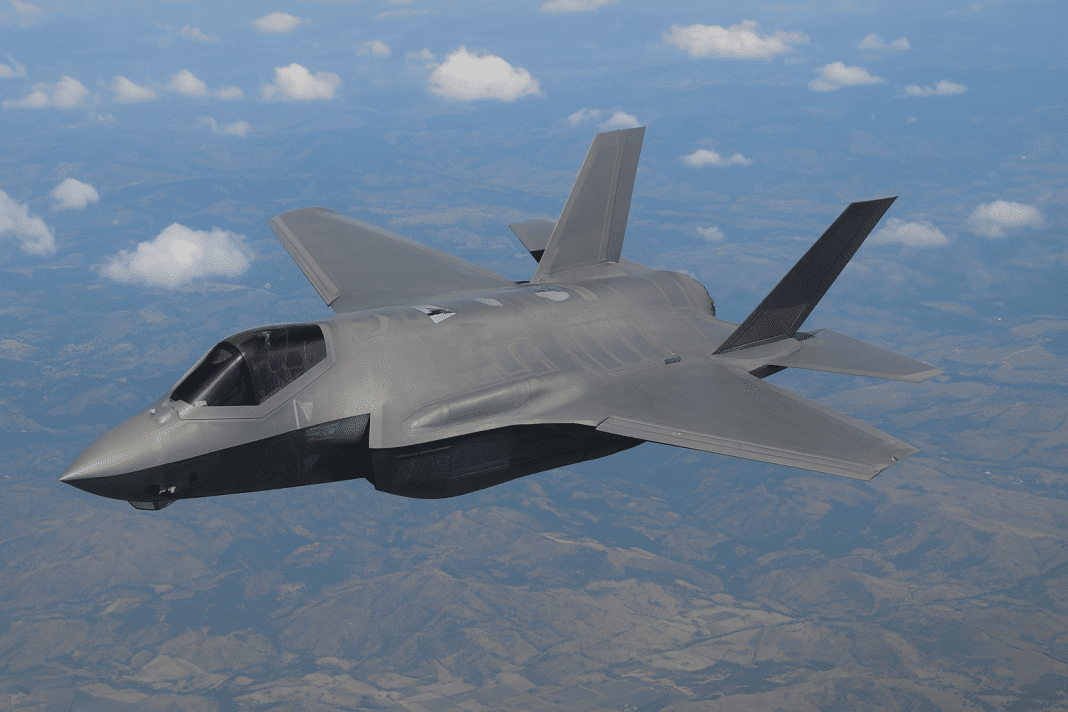Israel has expressed strong concerns about a new deal between the United States and Saudi Arabia to sell advanced F-35 fighter jets. The deal, announced recently at a White House meeting, could see Saudi Arabia receiving up to 48 of these state-of-the-art stealth aircraft. Israel, currently the only country in the Middle East operating the F-35, is urging the US to ensure that its own military advantage and Middle East security are not affected.
Israel Voices Strong Concern Over F-35 Sale and Middle East Security
According to a spokesperson from Israel’s Prime Minister’s Office, the country expects the United States to maintain its “qualitative military edge.” This term refers to Israel’s superior technology and capabilities compared to neighboring countries, which is legally required under US law. The US has long maintained that arms sales in the region should not compromise Israel’s military strength or the overall Middle East security.
Israel’s statement comes as the first official response to the proposed sale. The spokesperson emphasized that Israel and the US have a long-standing understanding about Israel’s defense needs. “This has been true yesterday, it is true today, and it will remain true in the future,” the official said, underlining the country’s firm stance on protecting its military edge.
Details of the Proposed Deal and Implications for Middle East Security
The plan, revealed by the US President during a meeting with Saudi Arabia’s Crown Prince, marks a major step in arms sales policy. Previous US administrations had been hesitant to sell F-35 fighter jets to Saudi Arabia due to concerns about regional balance. The deal could represent a shift in US policy, allowing the Kingdom to acquire one of the most advanced fighter jets in the world, which could have a significant impact on Middle East security.
Saudi Arabia and Israel do not have formal diplomatic relations. During the Crown Prince’s visit to Washington, he expressed a desire for eventual normalization of ties with Israel. However, he emphasized that any normalization would require a clear path to resolving the Israeli-Palestinian conflict, including the establishment of a Palestinian state.
The proposed sale will give Saudi Arabia advanced technologies and capabilities that enhance its air power. Israeli officials are closely monitoring the developments and are emphasizing the need to preserve their own military superiority and Middle East security. They are particularly concerned because the F-35 features stealth, advanced radar evasion, and superior combat performance.
Israel’s Defense Concerns and Regional Security
Israel has long relied on its qualitative military edge to maintain security in a volatile region. The F-35 fighter jet is a key part of this advantage, giving Israel unmatched air capabilities and contributing directly to Middle East security. The country’s government has repeatedly emphasized that US arms sales in the region must not compromise its ability to defend itself effectively.
In its response to the deal, Israel made it clear that it expects ongoing support from the United States to maintain its advanced military capabilities and to protect Middle East security. The country sees this as critical for regional stability and for ensuring that its defense systems remain more advanced than those of neighboring countries.
While Israel remains cautious, it continues to engage in dialogue and discussions about regional arms sales. The country is focusing on safeguarding its strategic advantage while actively monitoring changes in US policy. The government emphasizes that it will protect its military strength and Middle East security even as new developments unfold in the region.
The F-35 deal highlights the complex balance of power in the Middle East. Israel’s officials stress the need to manage military agreements carefully to avoid upsetting the existing strategic equilibrium and to maintain ongoing Middle East security. By voicing its position early, Israel seeks to prevent any sale of advanced weapons to neighboring countries from undermining its national security or the broader security of the region.

